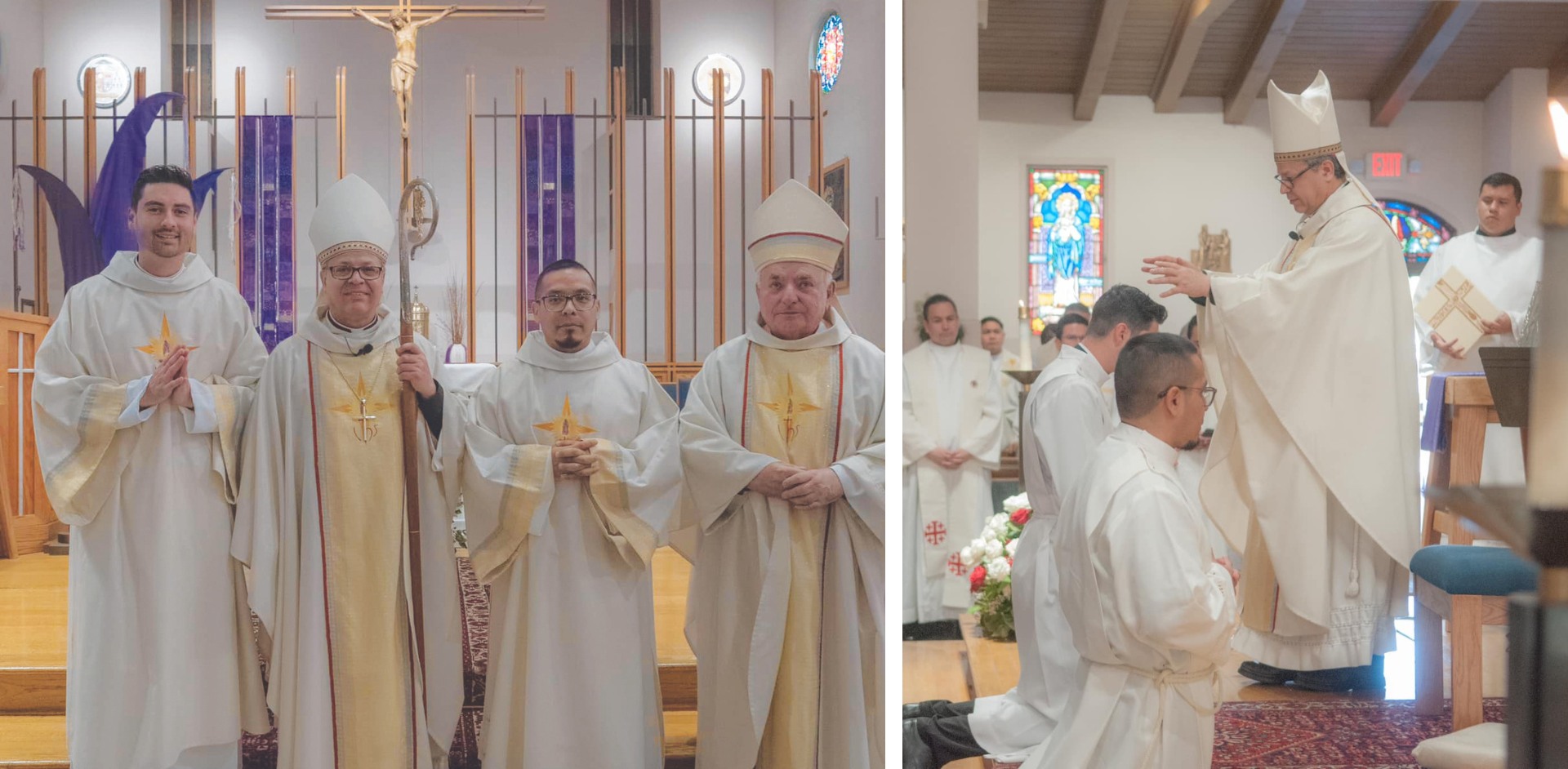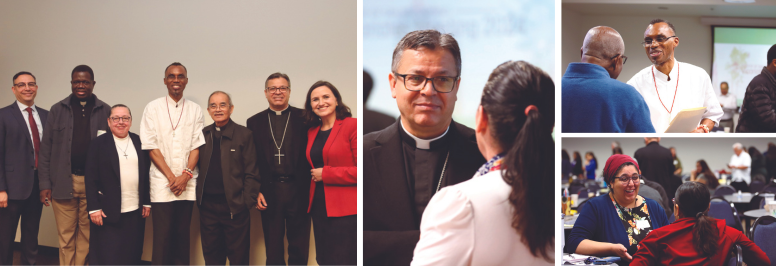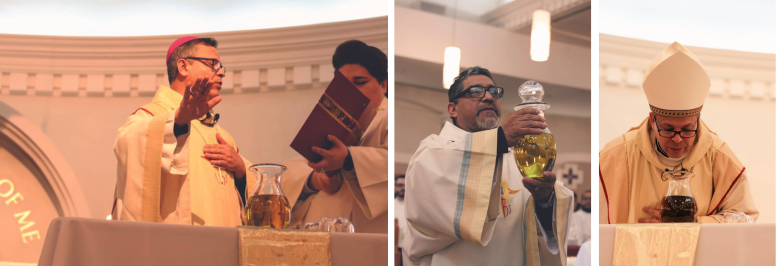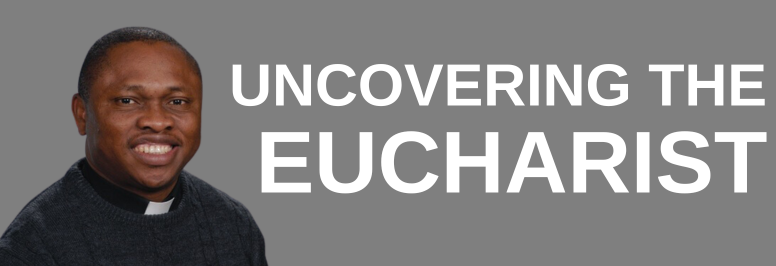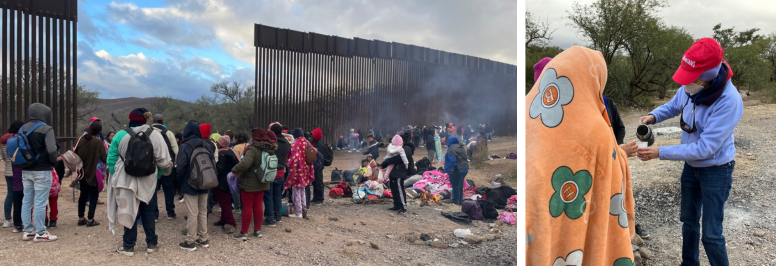The comments were not completely out of line, since Jesuit schools have been known to push the limits for traditional Catholics, but in this particular exchange, my “Golden Domer” friend was too brittle in ridiculing the Jesuit concept of “men and women for others.” While I didn’t object - people who profess to know everything are usually not open to new ideas – it did occur to me that he misunderstood the concept.
In 1973, when Father Pedro Arrupe, S.J., then the Superior General of the Society of Jesus, first spoke of “being for others,” it was a radical call for change in the educational apostolate of the Society. It was a call to act and to give witness to what the Church demands of us, to be prepared to give back that which we have been privileged to learn in service to the “other” in response to the demand of the “signs of the times.” It was a call to justice that resonated with gospel mandates and the actions of good will that come to the aid of those who are oppressed, exploited, in pain, in fear, and in despair.
Today, respectful of the “signs of the times”, there is a new and contemporary call to serve the “others” echoing the wisdom of Arrupe and now renewed in the words of another Jesuit in his call to a Year of Mercy. Paraphrasing the words of Fr. Arrupe, the trajectory of Pope Francis’ call reminds me that love of God fuses with love of neighbor, to the point that they cannot be separated. So too, love, justice and mercy meet together and in practice are identical; we cannot love someone and treat them without justice or mercy. If you do not have the love of mercy, how can you see the “other’ as a person whose dignity and journey must be respected, with all that implies?
In his second Encyclical, Divas in Misericordia, St. John Paul II observes that the modern day mentality seems opposed to a God of Mercy, and in fact tends to exclude from life, and to remove from the heart, the very idea of mercy. Mercy seems to cause uneasiness in aggressive man, who believes that he has become the master of the earth and has subdued and dominated it. In a February 2016 article in Aleteia, Judy Klein notes that St. John Paul II finds the reason mercy makes us uncomfortable is precisely our admission that we are powerless and that we are not God. To seek or give mercy is to experience what Joseph Ratzinger (Pope Emeritus Benedict XVI) called a personal “Copernican revolution,” wherein we come to see that we are not the center of the universe, and that God is. As such, we need to accept that we are just one of many who turn around God as our center. As Pope Francis has reminded us, we need to recognize our fragility and our profound need for help, while bearing witness to the weakness and struggles of our brothers and sisters.
Mercy is a call to the most difficult part of being a Christian, an internal conversion. It is easy to do the external acts, to do a can drive, to collect clothes, to give change to someone in a parking lot, or to simply mouth the platitudes of mercy – what Cardinal Walter Kasper in his book Mercy calls “pseudo-mercy”; but it is something else to change our heart. Mercy calls us to more than a convenient generosity; it is a call to be transformed.
Ted Furlow is Director of the Office of Pastoral Planning in the Diocese of San Bernardino.






